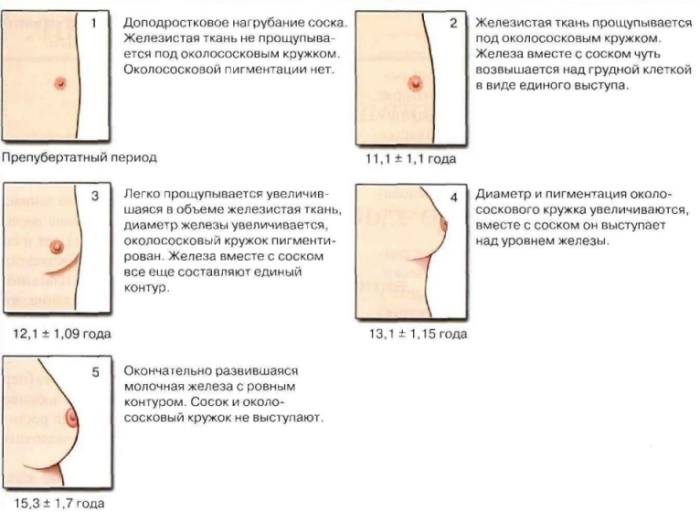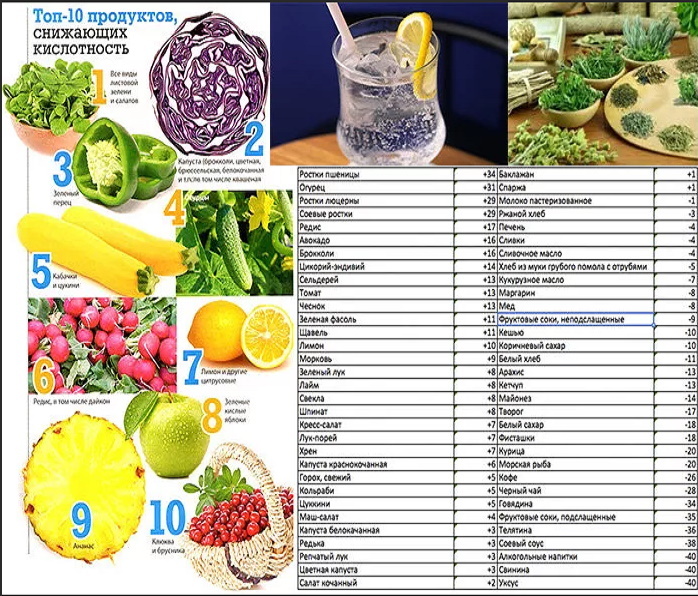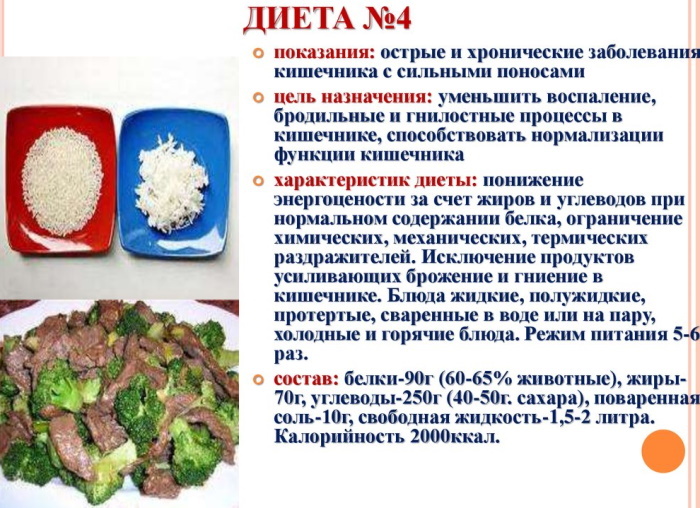Content
- Release form
- Chemical composition
- Pharmacological properties
- Pharmacodynamics and pharmacokinetics
- Indications for use
- Contraindications
- At what age can the drug be used for children?
- Instructions for use, dosage for children
- Side effects
- Overdose
- special instructions
- Drug interactions
- List of analogues
- Terms, conditions of sale and storage
- The price of the drug and analogues
- Video about nose drops
Rhinorus is a vasoconstrictor drug for the treatment of pathologies of the nasal passages, accompanied by nasal congestion and concomitant symptoms. The drug is often used for children of different ages. Nasal drops help to quickly relieve congestion and alleviate the general condition of the child, which is worsening as a result of oxygen deficiency.
Release form
The drug is produced in the form of drops for intranasal administration. They are a colorless and odorless solution placed in small dropper vials for ease of use.
The vials are made of plastic, placed in small cardboard boxes. Each contains a 10 ml bottle and a description, which indicates the features of the treatment, possible contraindications and complications. When using drops, patients note their unpleasant bitter taste, which is felt after the solution enters the nasopharynx.
The drug is also available as a nasal spray, but drops are most often used for children, as they are considered safer for preschool patients.
Chemical composition
The composition of the drug includes a component xylometazoline, which has the main therapeutic effect on the tissues of the nasal passages. The concentration of the basic substance in the solution is 0.05%. For adults, use a drug with a different dosage.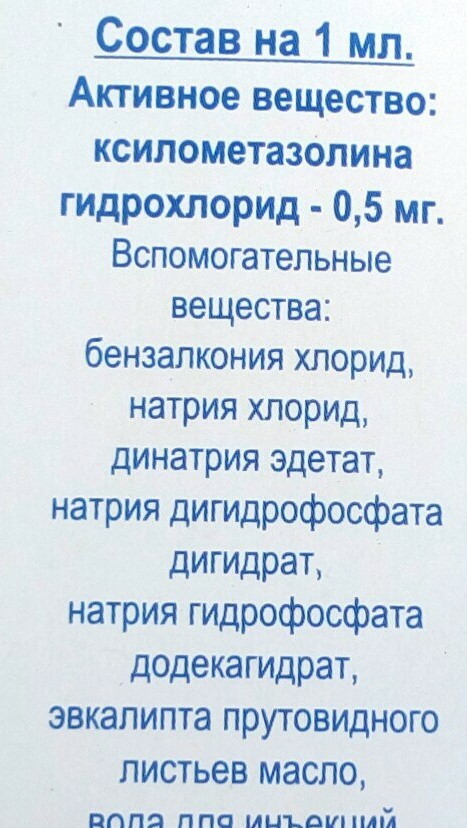
The composition of the drops includes auxiliary ingredients:
- Sodium chloride.
- Disodium edetat.
- Sodium dihydrogen phosphate.
- Benzalkonium chloride.
- Eucalyptus leaf oil.
- Purified water.
Additional ingredients have no medicinal properties. But eucalyptus oil has a positive effect on the tissues of the nasal passages.
Pharmacological properties
Rhinorus - nasal drops for children with vasoconstrictor properties and allowing to eliminate manifestations of congestion, concomitant reactions from the nervous system. The drug has no direct effect on the course of the pathological process.
Additionally, the drug has an antimicrobial effect, which prevents the development of inflammatory complications of bacterial origin. The effect of the agent on the tissues, provided it is used correctly, is positive, but only when administered in short courses.
Pharmacodynamics and pharmacokinetics
After penetration of the drug into the nasal passages, its action begins rather quickly. Xylometazoline acts on small vessels and leads to their narrowing. As a result, the volume of mucous membranes decreases, which leads to the elimination of congestion. The symptom often worries patients during an exacerbation of colds and some other abnormalities.
The drug has a complex local effect:
- Reduces the amount of mucus that is released during the development of a pathological condition. Often, patients with rhinitis of various origins suffer from congestion as a result of the formation of a large amount of mucus. If it is viscous, the symptoms are aggravated.
- Eucalyptus leaf oil has antimicrobial properties, softens the tissues of the nasal passages, and prevents the recurrence of symptoms over a short period of time.
- The herbal ingredient also has an anti-inflammatory effect, which speeds up the recovery period from microbial origin of the pathological condition.
After intranasal administration of the drug, it acts mainly locally. Absorption into the systemic circulation occurs in a minimal amount. Plasma xylometazoline concentration is low. Only in the case of prolonged use can it rise slightly.
The processing of the substance that enters the blood is carried out in the liver, and the products of its decay are evacuated with the help of the kidneys. The accumulation of the ingredient in tissues or blood does not occur, even with prolonged use. The withdrawal period of the ingredients takes no more than a day, but in most cases, the body is cleared within 12-14 hours.
After a single application, the effect is observed after 3-7 minutes. The duration of the therapeutic effect reaches 8 hours, but the indicators may vary in different patients, depending on the characteristics of the organism.
Indications for use
Rhinorus is used for children to relieve nasal congestion.
Nasal drops are indicated in cases:
- Acute rhinitis. Symptoms can occur against the background of a cold or viral illness.
- Nasal congestion due to an allergic reaction. The drug does not have antihistaminic properties, but can relieve congestion and reduce nasal discharge with acute symptom development. Usually, the medicine is used only to eliminate acute manifestations, but not in courses.
- Sinusitis in the acute and subacute stages.
- Otitis media. The medicine is used as part of a comprehensive treatment to alleviate the symptoms of a pathological condition.
Drops can be used during the period of preparation of the patient for rhinoscopy. This is necessary to eliminate swelling and reduce the amount of mucus. The information content of the study depends on these nuances.
Contraindications
The drug is not used in case of intolerance to the components of the composition or the presence of such complications in the child's history.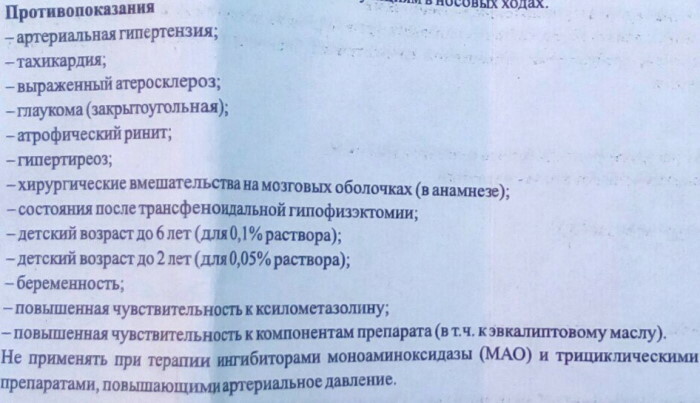
Other contraindications include the following conditions:
- The presence of vascular pathologies in a child. Sometimes patients have congenital disorders.
- Polyps in the nasal passages.
- Atrophic changes in the mucous membranes of the nasal passages. The drug can only aggravate the condition, lead to other complications.
- Hyperthyroidism
- Brain pathology in the acute stage.
- Acute mental disorders.
- Surgery on the membranes of the brain in the child's anamnesis.
- Traumatic brain injury. The drug can be used only after elimination of acute symptoms.
- Epistaxis against the background of capillary lesions or as a result of injuries to the nasal septum.
If the patient has deviations from the visual apparatus, the drops are used with caution. Contraindications that are absent in the official instructions for the medicine can be determined on an individual basis.
At what age can the drug be used for children?
Rinorus - nasal drops for children, which can be used only after patients reach the age of 2 years. For such patients, a drug with an active ingredient concentration of 0.05% is indicated. Children over 6 years of age are prescribed a medication with a higher concentration of the active substance.
Instructions for use, dosage for children
The drug is used only intranasally after preliminary examination and determination of the degree of neglect of the condition. Depending on the age, the treatment regimen may differ slightly.
| Child's age | Features of the use of the drug |
| Children from 2 to 6 years old | Children at this age are prescribed drops with a component concentration of 0.05%. Depending on the severity of the symptoms, the administration is carried out 1 or 2 times a day at approximately equal intervals. 1 drop is injected into each nasal passage. In some cases, the dose is increased to 2 drops. The duration of treatment is 3-5 days, but sometimes the therapy is extended to 7 days. |
| Patients over 6 years old | Patients over 6 years old may be prescribed drops with a concentration of 0.1%. In a day, the introduction is carried out no more than 3 times with a mild course of the disease, 4 times - with severe diseases. A single dosage for each nasal passage does not exceed 2 drops. As in the case of therapy for children under 6 years of age, the duration of the use of drops does not exceed 7 days. Most often, 5 days of use is sufficient. |
The child should be in a comfortable position when administering the drops. This will prevent the development of complications as a result of damage to the mucous membranes of the nasal passages.
Side effects
Rhinorus - nasal drops for children, which often provoke complications if the recommendations for use are violated. Compliance with all the rules does not guarantee the absence of complications.
The most common adverse reactions are:
- Burning sensation in the area of the nasopharynx, which occurs not only during use, but also persists for a long period of time. Symptoms are accompanied by a cough that irritates the mucous membranes of the throat. With prolonged persistence of symptoms, there is an aggravation of cough and the appearance of complications from the bronchi.
- An increase in the amount of mucus, irritation of the mucous membranes of the nasal passages is observed in the case of an allergic reaction to the components of the composition. Severe itching often worries patients, aggravates the general condition, and forces the child to scratch the affected area.
- Sometimes, during the use of drops, complications from the digestive tract develop. They manifest as pain in the stomach, heartburn, and digestive disorders. The condition is aggravated by the addition of nausea, stool disorder, flatulence.
- In some cases, disorders affect the visual apparatus, provoke a temporary deterioration in vision, flashing flies in front of the eyes. Symptoms usually disappear after stopping the medication.
- Weakness and decreased physical activity is observed in children over 6 years of age with course use.
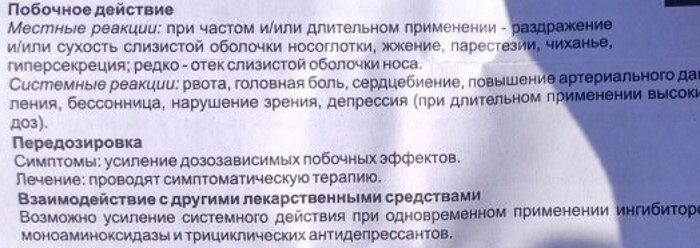
The drug can worsen the course of chronic diseases if they are present in patients. The appearance of complications requires discontinuation of the medication, a visit to the doctor. Usually, children are not prescribed symptomatic treatment, since the manifestations disappear within a few days on their own. But it may be necessary to use antihistamines, which will speed up the process of disappearance of manifestations.
Overdose
The drug usually does not lead to the development of an overdose, since it does not accumulate in the blood and tissues. Despite this, doctors do not exclude this possibility. Sometimes there is an aggravation of all negative reactions.
Patients may experience headache and vomiting, upset stools, and severe abdominal discomfort. Over the course of several days, the symptoms worsen, which leads to the loss of a large amount of fluid as a result of frequent vomiting and diarrhea. Against the background of such complications, the development of a convulsive attack is possible.
An overdose is treated in a hospital, especially if it develops in children of preschool and primary school age. Patients can be prescribed medications depending on the manifestations. The pediatrician monitors the patient for 3 days. The condition is life threatening only if an acute allergic reaction develops in the form of Quincke's edema, which can provoke suffocation.
special instructions
Rhinorus - nasal drops for children, which should be used only if necessary and after examination by a doctor. If negative reactions appear, it is important to visit a doctor to review the treatment regimen. It is especially dangerous to ignore the manifestations in patients under 6 years of age.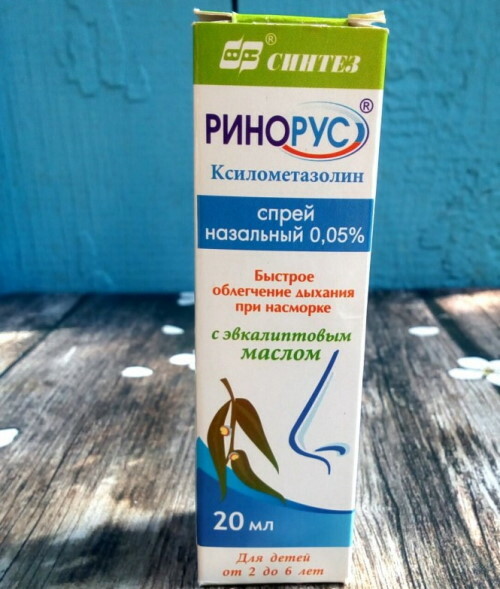
If there is no therapeutic effect on the first day after the start of application, it is necessary to select another medicine for the patient. Using the product for more than 7 days is not allowed, as this may provoke the development of an atrophic form of rhinitis, in which there is a thinning of the nasal mucosa moves.
With the initial administration of the solution, a slight burning sensation may appear, which disappears after a few minutes. If the discomfort persists, it is recommended to see a doctor.
Drug interactions
Do not combine the medicine with other drugs that have vasoconstrictor properties. This can provoke severe complications from the mucous membranes of the nasal passages.
Often the medicine is combined with antibacterial, antiviral agents. It is allowed to use in combination with systemic medicines from different groups. The drops have no effect on their action.
If the child is taking any medication on a regular basis, it is important to inform the doctor. The specialist will determine the need for a combination of medications.
List of analogues
The tool has analogues that can be used if it is impossible to assign it to the original.
Many contain other ingredients, but have similar properties: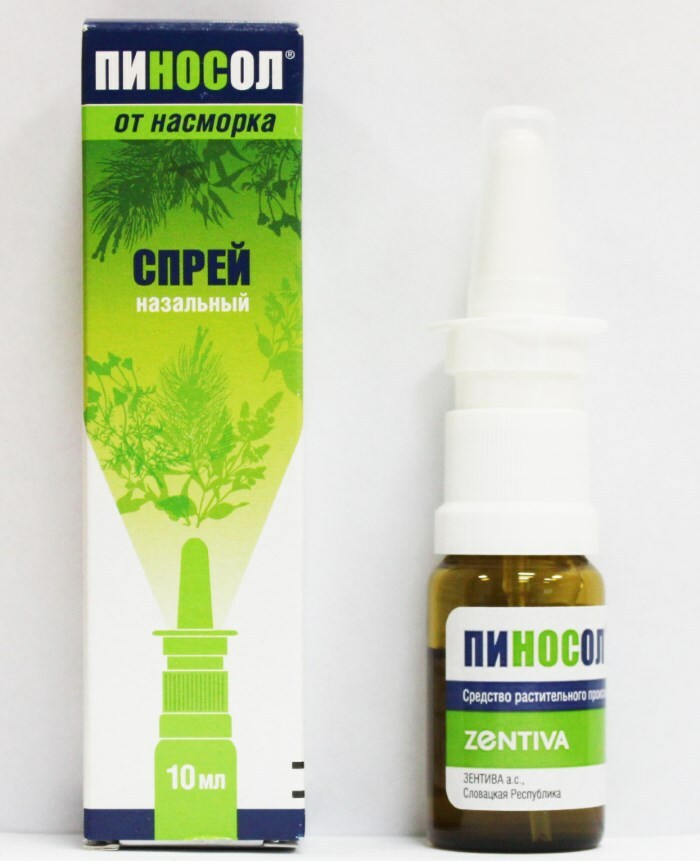
- Pinosol can be used for patients from 1 year old. The agent in the form of drops has a vegetable base, its action is carried out due to the presence of an extract from eucalyptus leaves in the composition. The drug helps to eliminate congestion, has antimicrobial and anti-inflammatory properties. It is prescribed for rhinitis of various origins, the duration of treatment can be up to 10 days, while the original can be used for no more than 7 days in a row.
- Rinonorm contains xylometazoline to the composition and is also available in the form of drops, spray. Drops are most often prescribed for children over 2 years old. The features of analogue treatment do not differ much from the original therapy regimen.
- Snoop in the form of a spray is used in the treatment of children from 2 years of age. The composition of the agent also includes xylometazoline, which has vasoconstrictor properties. The drug is used in short courses, like the original.
- Evkazolin Aqua can be used as a substitute, but it is prescribed only to patients over 12 years old. The composition of the product includes not only xylometazoline, but also eucalyptus oil, which softens the effect of the main substance and enhances its effectiveness. The medicine is used in short courses, like the original, but sometimes the treatment is extended according to individual indications.
Substitutes are prescribed only by a doctor after a preliminary examination. Parents on their own should not use analogues for children, even if they contain the same active ingredients.
Terms, conditions of sale and storage
The drug is released in different pharmacies freely, which allows you to purchase it if necessary. The maximum storage time is 3 years.
During storage, it is important to limit access to children, direct sunlight. After the expiration date, the use of the medication is prohibited.
The price of the drug and analogues
The cost of the original medicine is 80-120 rubles. You can buy Pinosol for 180-220 rubles. The price of Rinonorm is approximately 85 rubles. Snoop can be purchased for 210-230 rubles.
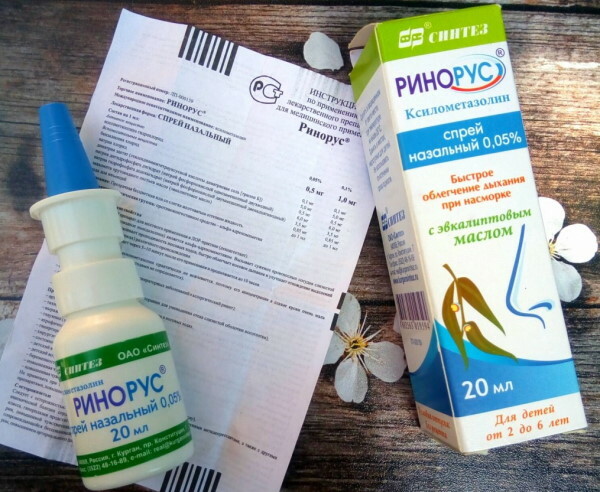
The price of Evkazolin Aqua ranges from 120-140 rubles. In different regions and pharmacies, the cost of medicines may differ.
Rhinorus is an effective xylometazoline-based nasal drops that are often used to treat children and adults with nasal congestion, acute and chronic rhinitis. The drug has vasoconstrictor properties, helps to quickly eliminate symptoms and makes breathing easier. Its use is recommended only as directed by a specialist.
Video about nose drops
Nasal drops. Which is better:

